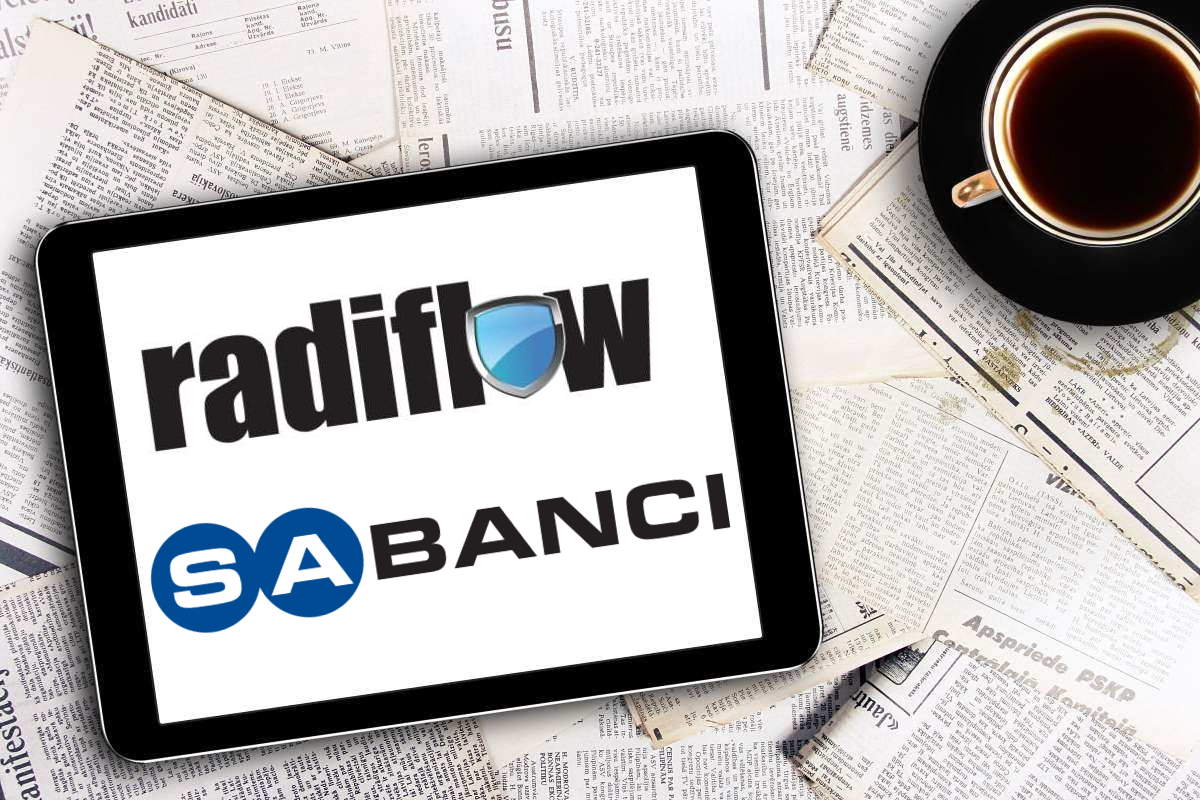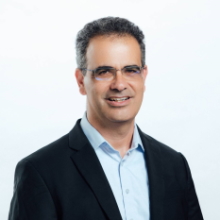Sabanci Group to acquire Radiflow in a two-phase process focused on accelerating growth

Israeli OT cybersecurity firm Radiflow announced that it is being acquired in a two-phase process by Sabanci Group, a conglomerate involved in financial services, energy (electricity generation and distribution), cement, retail, and industrial sectors with headquarters in Istanbul, Turkey.
The initial phase of the deal entails a US$45 million primary and secondary investment in several installments to reach a majority stake in Radiflow. In the second phase, Sabanci intends to acquire a 100 percent stake in Radiflow by 2025. The investment will help Radiflow fuel the recent increase in demand for comprehensive operational technology (OT) cybersecurity solutions and rapidly expand across the U.S. and Europe, doubling its sales in 2021.
“This acquisition will provide us with additional funding to accelerate our growth,” Ilan Barda, CEO of Radiflow, told Industrial Cyber. “Specifically, we plan to set up local teams in other key countries in Europe as well as build a significant team in the US,” he added.
Radiflow will operate as a separate business unit under Sabanci Dx Technologies, which is their new umbrella entity for all the planned acquisitions related to the new digital sphere, according to Barda. “All the team will remain on board, and we further plan significant recruiting to materialize our growth plans,” he added.
Sabanci doesn’t have any similar operations, so there are no synergy plans in terms of the Radiflow staff, he pointed out. “The potential synergy is in the area of data analytics – an area which Sabanci is also building, and we can potentially use their competencies to implement some of the aspects mentioned in the previous section,” Barda added.
By leveraging the extensive industrial footprint of the Sabanci Group, Radiflow plans to further optimize its OT security offering. “We believe that the next step in OT security should leverage the increasing field experience,” Barda said. “Such inputs from the field can be used to optimize risk scoring per sector, provide benchmarks per sector, identify trends of new behaviors, etc. The extensive industrial footprint of the Sabanci Group will provide us intimate insights into many such installations and will be the basis for the implementation of the next level of enhancement of our solution,” he added.
Sabanci Holding plans to create a digital business pillar focused on advanced analytics, IoT, and cybersecurity. “We will strengthen Sabanci Group companies’ global position through the power of technology. We will pioneer projects and practices that will make a significant global impact in the ‘new economy,’ particularly in digital technologies,” Kıvanç Zaimler, chairman of Dx Technology Services and Investment BV (DxBV), a newly established subsidiary of Sabancı Holding, said in a media statement.
“The acquisition of Radiflow, a global player in cyber security with a proven track record, is a key step in the materialization of our strategic plan in the digital sphere,” according to Zaimler. “We, as Sabancı Group, are very pleased to add a global cyber security company serving in various markets with great human capital and strong partnerships in our portfolio,” he added.
Analyzing why Sabanci decided on acquiring Radiflow, Barda said that Sabanci did an extensive evaluation of the OT security market that started almost a year ago. “They eventually selected Radiflow because of the field-proven successful deployments combined with our continuous innovations such as the OT-specific Breach-Attack-Simulations to provide the customer’s risk assessment and security roadmap planning,” he added.

Given Radiflow’s focus on products, Barda said that “there is a potential that Sabanci will be able to provide SOC services mainly in Turkey based on Radiflow products.” Its CIARA industrial risk assessment and management platform has been designed to empower CISOs to increase the effectiveness of their risk-mitigation measures while optimizing cybersecurity expenditure.
Radiflow’s CIARA platform uses a threat intelligence-driven breach and attack simulation (OT-BAS) engine for assessing risk. The OT-BAS algorithm calculates the per-zone likelihood of attacks and the effectiveness of corresponding risk-mitigation measures (both installed and proposed) and accounts for the impact of attacks on different business processes. This is done using thousands of data points for network, asset, locale, industry, adversary capabilities, and attack tactics. Based on the analysis, the CIARA platform produces a prioritized list of controls based on their contribution to achieving the user’s security goals.
In light of recent cybersecurity incidents and ransomware attacks in the OT/ICS environments, Barda says that “we see an increasing demand for OT security solutions. The additional capital will enable us to address customers in additional regions and sectors.”
Additionally, “the insights from the deployments in Sabanci facilities will provide us with in-depth insights from multiple sectors, which will be used to optimize our algorithms per sector in terms of risk scoring and anomaly detection,” he added.
In March, MMX Communications Services partnered with Radiflow to secure critical infrastructure for oil and gas sites that have become prime targets for hackers who are looking to disrupt critical infrastructure. The alliance focuses on ensuring the continued reliability of communications networks between off-shore systems and on-shore operations. Additionally, it also addresses the growing fear of cybersecurity attacks, at times driven by state-sponsored actors, against the oil and gas industry.










